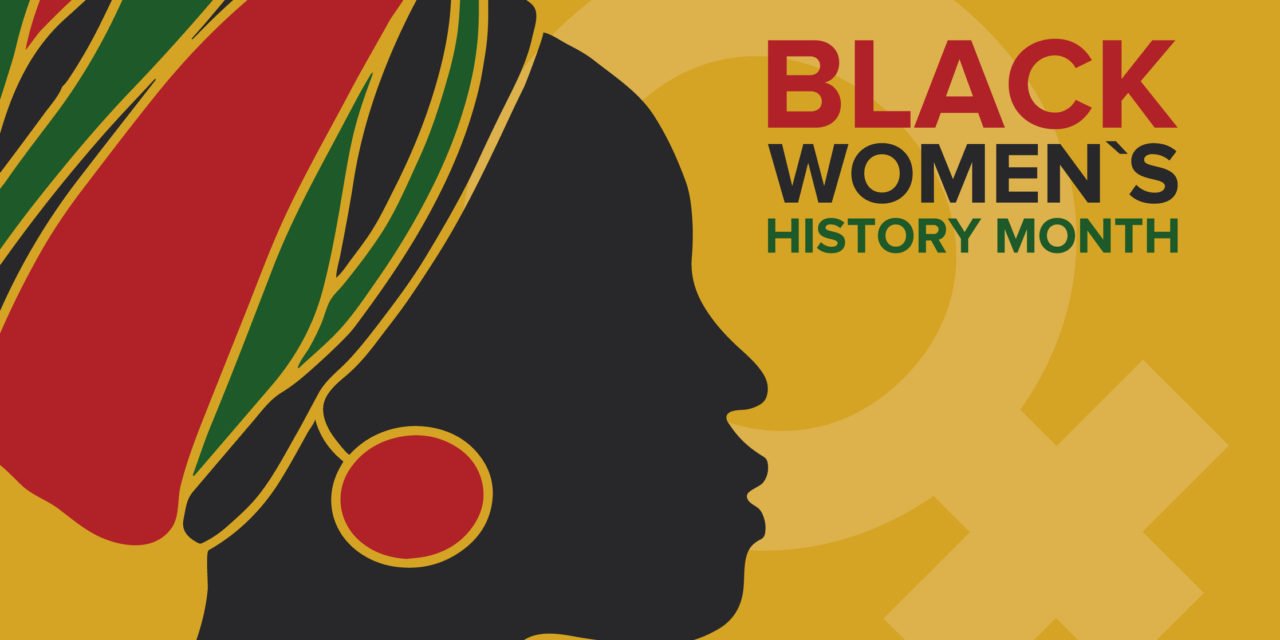It’s Women’s History Month in the U.S. (and International Women’s Day just passed on Monday, March 8th). As we celebrate, it’s important that we remember which groups are often missing when the history is told (e.g., Black women) and which are so often the center of focus, even though “it’s 2021!” (e.g., white women). Of course, there are many other intersectional women’s identities, all of which should be celebrated. It’s important, though, to examine the specific dichotomy between white women and Black women.
It's Women's History Month in the U.S. As we celebrate, it is important that we remember which groups are often missing when the history is told. Examine the specific dichotomy between white women and Black women. Click To TweetWhen it came to fighting for women’s rights in the U.S., white women frequently invoked the metaphor of slavery to articulate their oppression in the 1830s: equating their unfulfilling domestic lives and marriage to being enslaved. In fact, anti-slavery societies gave them the opportunity to protest their roles at home and get involved in the political arena. (If this information is new to you, then go read Women, Race, & Class by Angela Davis.) Also, don’t forget that, while there’s a stereotype that affirmative action always benefits Black people, it is white women who have benefited from it the most. (Check out Kimberle Crenshaw’s Framing Affirmative Action to learn more about that.) Oh, and don’t forget about the roles of Black transwomen in the Stonewall Rebellion — though whiteness is still so very centered in a lot of the LGBTQIA+ movement efforts.
You may be thinking, “Well, that’s the past! What about now?” Critical understanding of the past is necessary for us to truly move toward a better future. Still, I’m also happy to provide some tips for the now.
Actions for White Women to Support Black Women Today:
- First of all, Black women are not damsels in distress waiting on white women to come save us. There are a lot of systemic barriers in the way, so working to remove the obstacles you can is what we need…we’re powerful enough as we are; we’re just often not empowered.
- You are not an ally to us until we, as Black women, say you are. You have to be embraced as an ally because of your actions. Prior to that, you’re just an aspiring ally.
- Get out of your comfort zone and do some real research and soul searching before you approach any Black women for advice or to discuss the topics of empowerment, race, hair, skin color or the like. Remember that Dr. Robin DiAngelo, the white, female author of White Fragility, says, “Though white fragility is triggered by discomfort and anxiety, it is born of superiority and entitlement.” Read it and let that soak in. Be sure, too, to read books/articles/works from Black women’s points of view. Mary-Frances Winters just wrote a book titled, Black Fatigue and includes an entire chapter to the experiences of Black women. I’m Still Here: Black Dignity in a World Made for Whiteness by Austin Channing Brown should be on your list too.
- Stop asking Black women to solve racism. You may not have created the problem yourself, but you are benefitting from the system, so you can pitch in to help fix it. I’m not saying don’t tag in Black people as you’re trying to do the work to ensure you’re not centering yourself too much, but I am saying: recognize that the emotional energy it requires from us is much higher.
All in all, Women’s History Month can be a celebratory time, despite there being some big issues with the standard presentation of U.S. women’s history. Women of all identities should be celebrated during this time and throughout the year. There are a lot of things women can do to empower one another. Pick one, two, or three and get started. Now.
Happy Black Women’s History Month! It’s about time for our recognition.




















